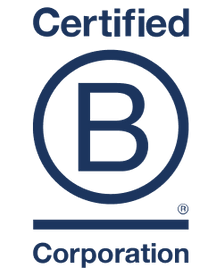If you're running a cafe in Australia, chances are you've faced the hurdle of training junior staff. They’re often full of energy but short on experience. And the old trope, “it’s the experience that counts” can quickly ring true. While they might not be ready to jump behind the machine on day one (even if they think they are), how you invest in your junior staff early will shape the future and success of your venue, as well as importantly, the future of their working lives
At P&R, we believe that teaching hospitality is just as important as teaching coffee. When it comes to the next generation of hospitality professionals, it’s the leaders, the cafe owners, the managers and the senior baristas who shape the culture. With the right approach, junior staff can become confident contributors who lift your business, not weigh it down.
-v1747790747832.jpg)
Start with the why
We can't recommend “Start with Why” by Simon Sinek enough (and we write about it here). Yet, there’s another fantastic book by a hospitality legend, Danny Meyer (who was Will Guidara's boss and we’ll talk about him shortly). In Setting the Table, Danny writes, “When you connect with a deeper purpose, excellence follows.”. Young staff crave meaning and clarity. Give them a reason to care, and you’ll unlock potential and effort beyond the basic task list.
So, before you train any new staff member, even before their first shift, take a moment to share your “why”. Why does your cafe exist? Why do you do things the way you do?
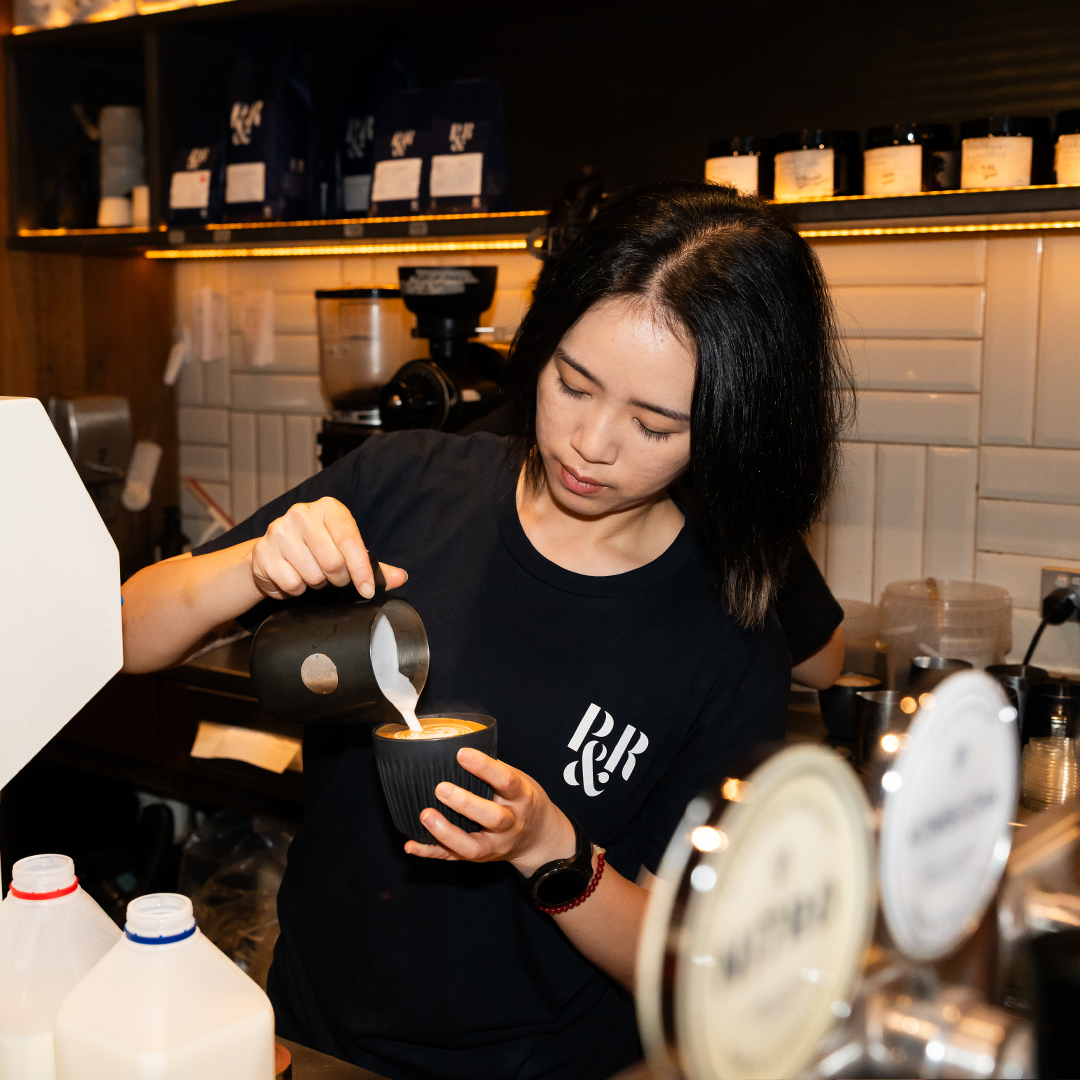
Teach them how to care
Often, junior staff are out on the floor, running coffees and food, and cleaning tables. The basic service-oriented jobs. In Unreasonable Hospitality, Will Guidara makes the point that “service is black and white, but hospitality is colour.” Don’t just show and tell juniors what to do, teach them why it matters. For example:
When clearing plates, it’s not just about being fast (whilst that’s important). It’s about reading the room and making people feel seen.
- When resetting a table, it’s not just clearing plates. It’s preparing the next guest’s experience, wiping it clean, aligning cutlery and leaving no trace of the last interaction. Let them know they are helping curate the next customer experience.
Model this mindset early. Pair juniors with staff who already embody it. You’re not just training task-doers, you’re developing hospitality-minded team players.
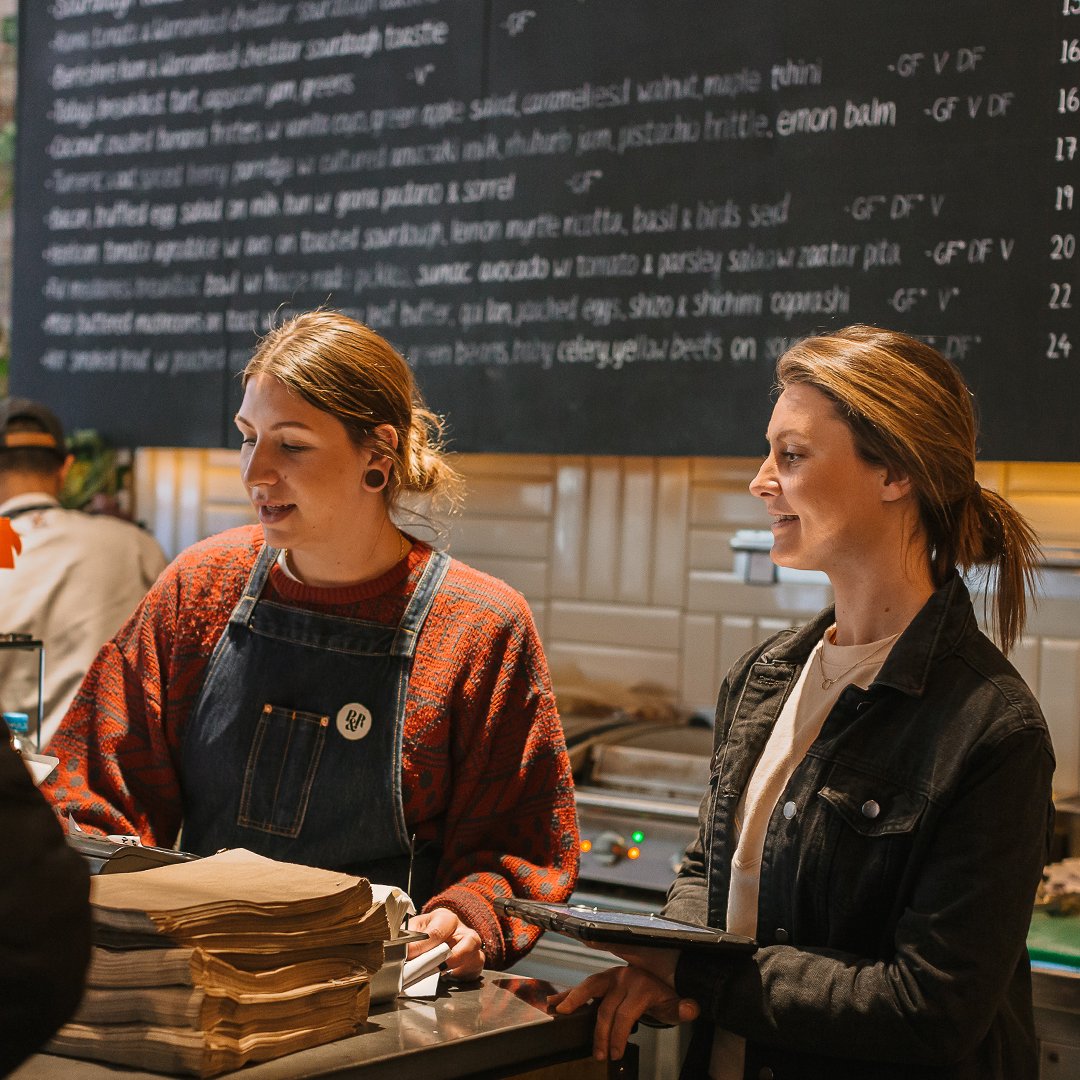
Give them a path (and let them earn it)
One of the biggest mistakes is leaving junior staff in a holding pattern. They take orders or run food for months with no clear path forward.
Instead, build a stepped progression. Start simple:
Month 1: Learn the floor, observe the flow and nail basic etiquette alongside tasks. Teach them to develop “cafe eyes” seeing beyond the need in front of them.
Month 2–3: Train on POS, interact with customers, handle basic customer questions and concerns.
Month 4–6: Start them shadowing the open and close procedures, including the coffee bar. Instilling a strong sense of pride in the cleaning aspects of cafe operation is critical at an early stage.
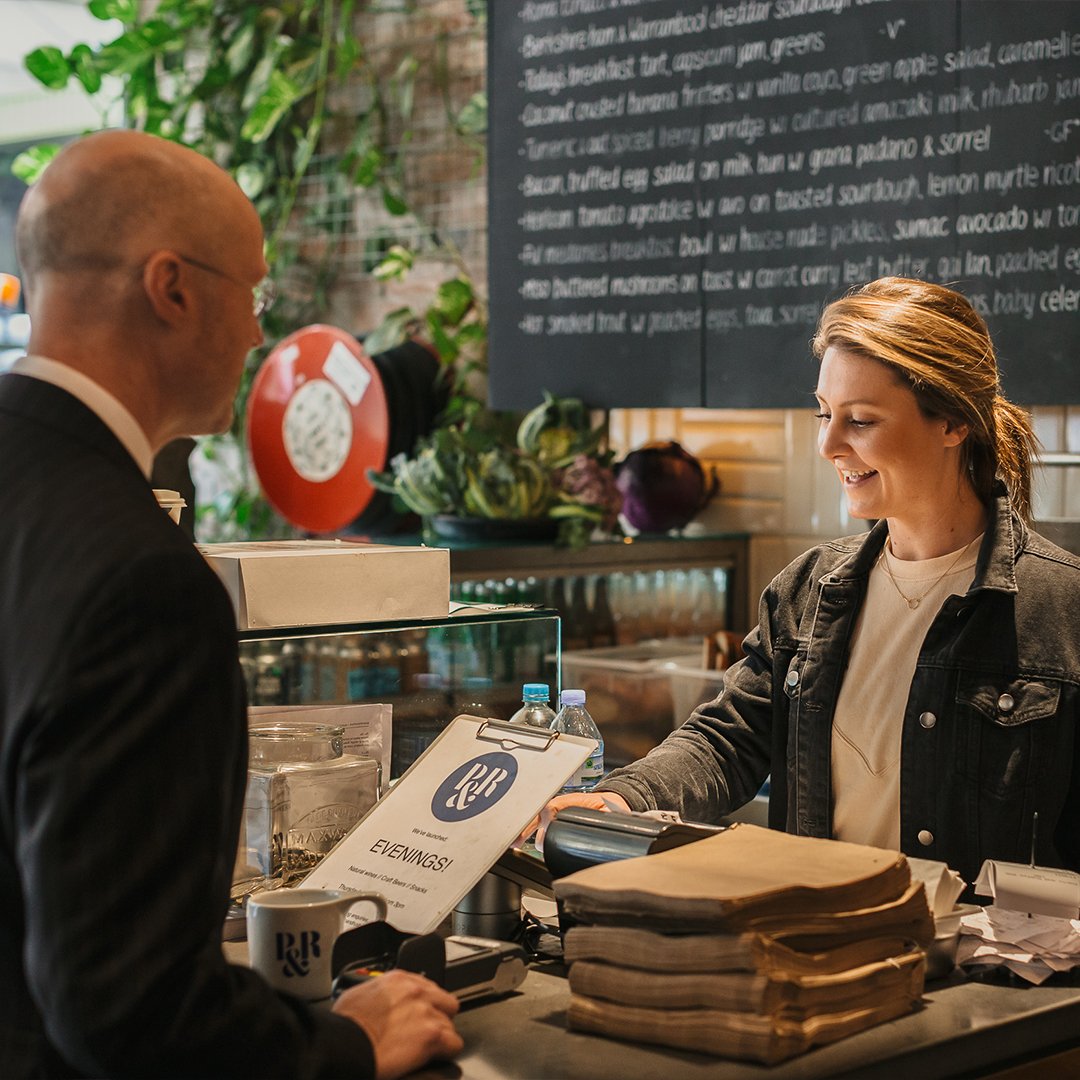
Once the basics are solid, gradually introduce more responsibility. Progression should always be balanced with three key factors: the capability of the team member, the operational needs of the business, and the financial realities of your cafe. You can’t afford to carry excess staff but you might be surprised how quickly an engaged junior team member can build confidence and pick up skills when given trust and direction.
Timelines don’t need to be slow. They need to be earned. It’s about building trust, confidence and capability over time, not overwhelming them on day one. Every step forward should be earned and visible.
-v1747790789176.jpg)
The value-add of junior staff
It’s tempting to treat junior hires as “extra hands” to fill weekend gaps. But they’re more than that. Done well, junior staff become the culture carriers of your business. Your customers will notice when your most junior staff are going above and beyond. They bring fresh energy, and when mentored right, that energy becomes pride, and it’s infectious.
Here's some practical ways to inspire value-add amongst your junior team members:
The “regulars file”
Encouraging junior staff to keep a handwritten notebook behind the counter with notes about regulars, their names, usual orders, or even pets’ names. It’s old-school, but it builds their confidence and connection fast.The “Own it!” rotation
Each week, a junior staff member is invited to take ownership of one small aspect of service, topping up water jugs, managing the retail shelf, or wiping menus. It’s low stakes responsibility with real visibility.“One thing I learned” wrap-up
At the end of each week, juniors share one thing they learned or improved. It can be technical (how to load the dishwasher correctly) or human (how to handle a tricky customer). It encourages reflection and reinforces progress. This can also be done digitally if you have a messaging app for your team.
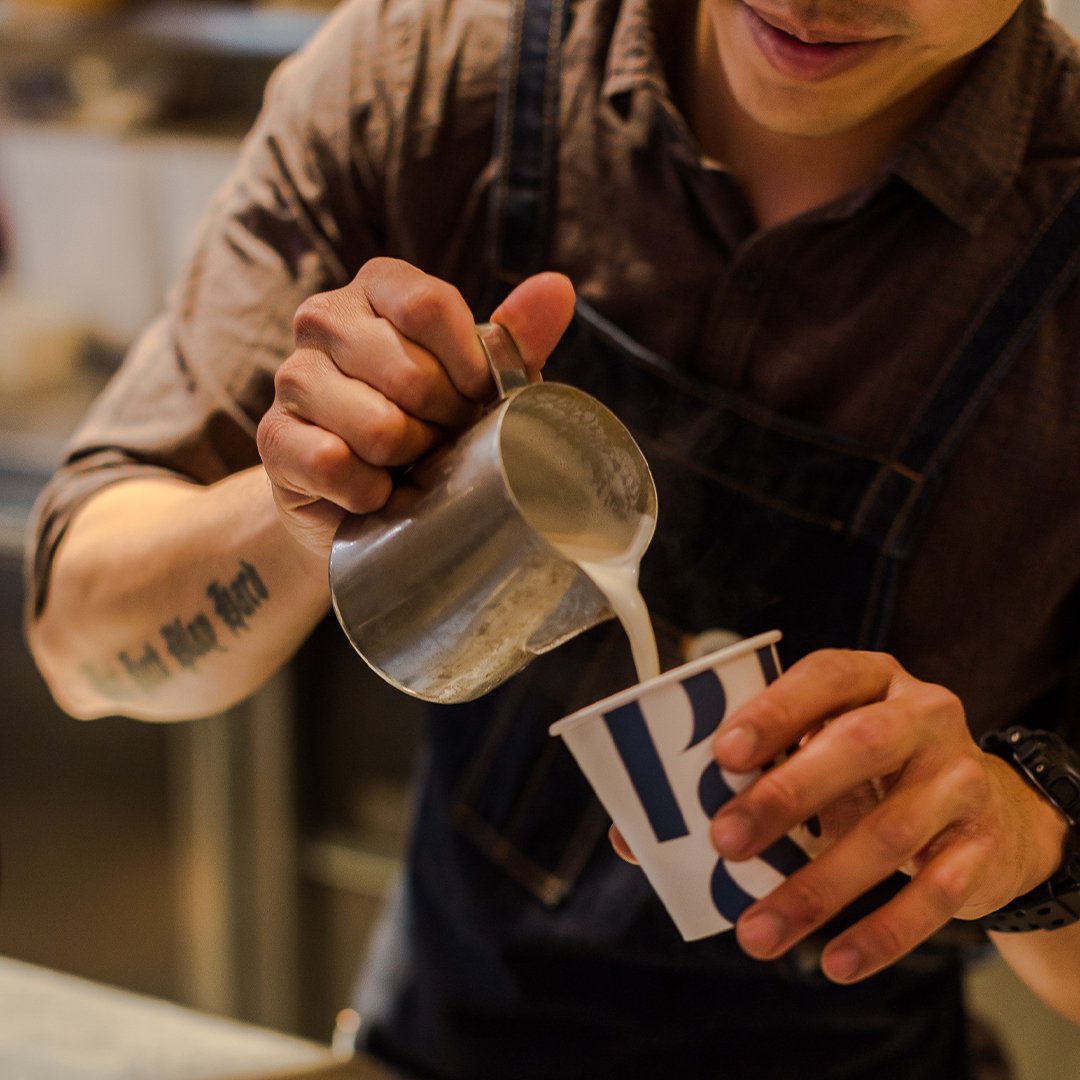
What not to do
Some quick pitfalls to avoid:
Don’t leave juniors to sink or swim. “Figure it out” might build independence, but too early, and it just builds anxiety.
Don’t hide them out the back. Give them meaningful face time with customers (with support), it’s likely they are also part of your customer community and having them engaged with customers will be noticed.
Don’t forget to say thanks. Praise goes a long way, especially in those early weeks when confidence is still forming.
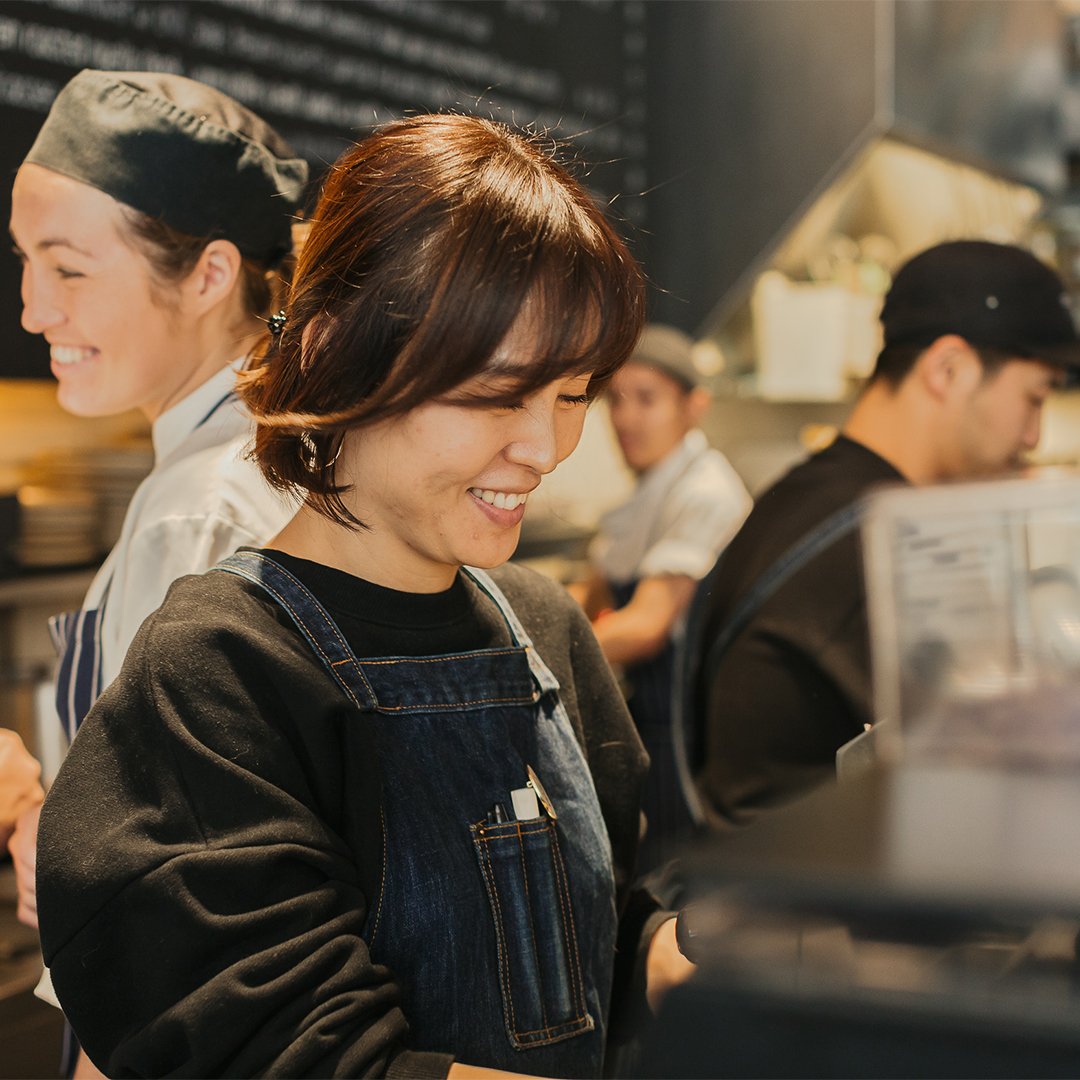
Closing thought
Training junior staff isn’t about filling gaps. It’s about mentoring and planting seeds. The time you invest now will come back tenfold in loyalty, capability, and culture.
If you’re looking to strengthen your team or want support building a training culture that lasts, get in touch with our team. We’d love to help. And if you're after more reading material to help you run a successful and profitable cafe, check out our post on five books every cafe owner should read.

